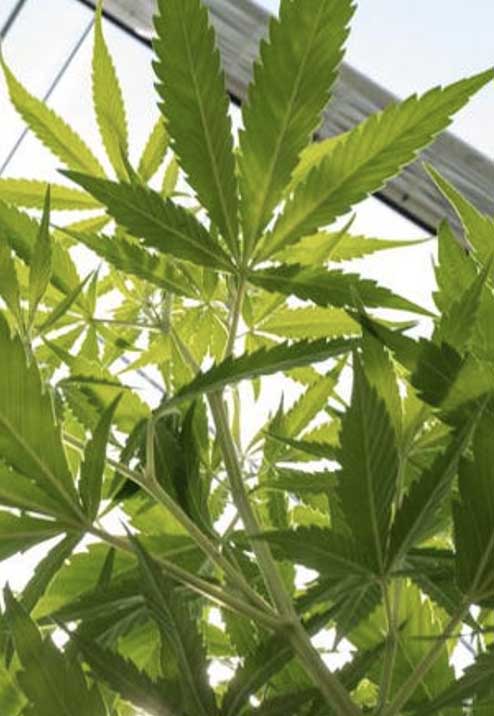 Getty Editorial
Getty Editorial
The legalization of marijuana is in a delicate place: While most states have legalized it for recreational or medical purposes, it’s still illegal at a federal level. But that could soon change.
This week, the House of Representatives is expected to pass a bill that would decriminalize marijuana use on a federal level. This is a move that is overwhelmingly popular among Americans: An April 2021 poll from Pew Research found that 91% of U.S. adults think marijuana should be legal, either medically, recreationally or both at the federal level.
And while the vote would open the door to radically change how weed is used in the U.S., analysts expect it to face hurdles in the Senate.
Here’s what you need to know.
Currently, 37 states have legalized cannabis for medical use, and 18 have legalized it for both medical and recreational use. But since it’s still illegal under federal law, it poses significant challenges for marijuana businesses, including being barred from accessing financial services and unable to obtain loans or bank accounts.
A legislature vote this week could open the door to legalizing marijuana across the country. The House is expected to vote on the Marijuana Opportunity Reinvestment and Expungement (MORE) Act by Friday. The bill would remove marijuana from the list of scheduled substances and remove any criminal penalties for those who make, distribute or possess marijuana.
The proposal, if passed, would also give those with prior convictions due to cannabis-related offenses a fresh start. The MORE Act would require courts to clear prior marijuana-related convictions from criminal records and resentence those currently completing sentencing for such convictions. It would also allow people who have been convicted of cannabis-related offenses to receive public benefits.
The proposed law wouldn’t stop there—it would also generate funds to help support communities in need. The MORE Act would impose a federal tax on marijuana sales, with proceeds funding programs for substance misuse treatment and legal counseling to help communities negatively impacted by the war on drugs, which are overwhelmingly communities of color.
There could be serious money for the federal government to make, should the MORE Act become law. California, one of the first states to legalize marijuana use recreationally, generated more than $1 billion in marijuana tax revenue just two years after statewide legalization. Legal cannabis sales are projected to reach $40.5 billion by 2025.
Supporters of marijuana legalization argue that its criminalization is racially biased, costly for the justice system and goes against public sentiment. According to the ACLU, Black Americans are more likely to be arrested than white Americans for marijuana possession, despite similar usage rates.
If the House passes the MORE Act, it will face challenges in the Senate. Even if all Senate Democrats voted in favor of the bill, it would still need 10 GOP votes for it to pass and be signed into law. Analysts predict this won’t happen, in part due to Senate Majority Leader Chuck Schumer (D-NY) wanting to pass his own marijuana legalization solution.
Even if the MORE Act fails, it’s opening the door to a more open perspective of marijuana at the federal level. Cannabis has been a scapegoat of racism since the 20th century when Mexican immigrants brought the tradition of smoking marijuana to the States. It was banned on a federal level in 1937.
Federal decriminalization of marijuana might still be a ways off, but other proposals show how the tone toward marijuana is changing.
Another marijuana-related law, the SAFE Banking Act, would allow cannabis-related businesses to obtain bank accounts, something they’re currently barred from doing under federal law. This prohibition leaves cannabis businesses vulnerable to robbery. The bill has passed in the House six times but has repeatedly stalled in the Senate.
source: https://www.forbes.com/advisor/personal-finance/house-vote-marijuana-legalization/